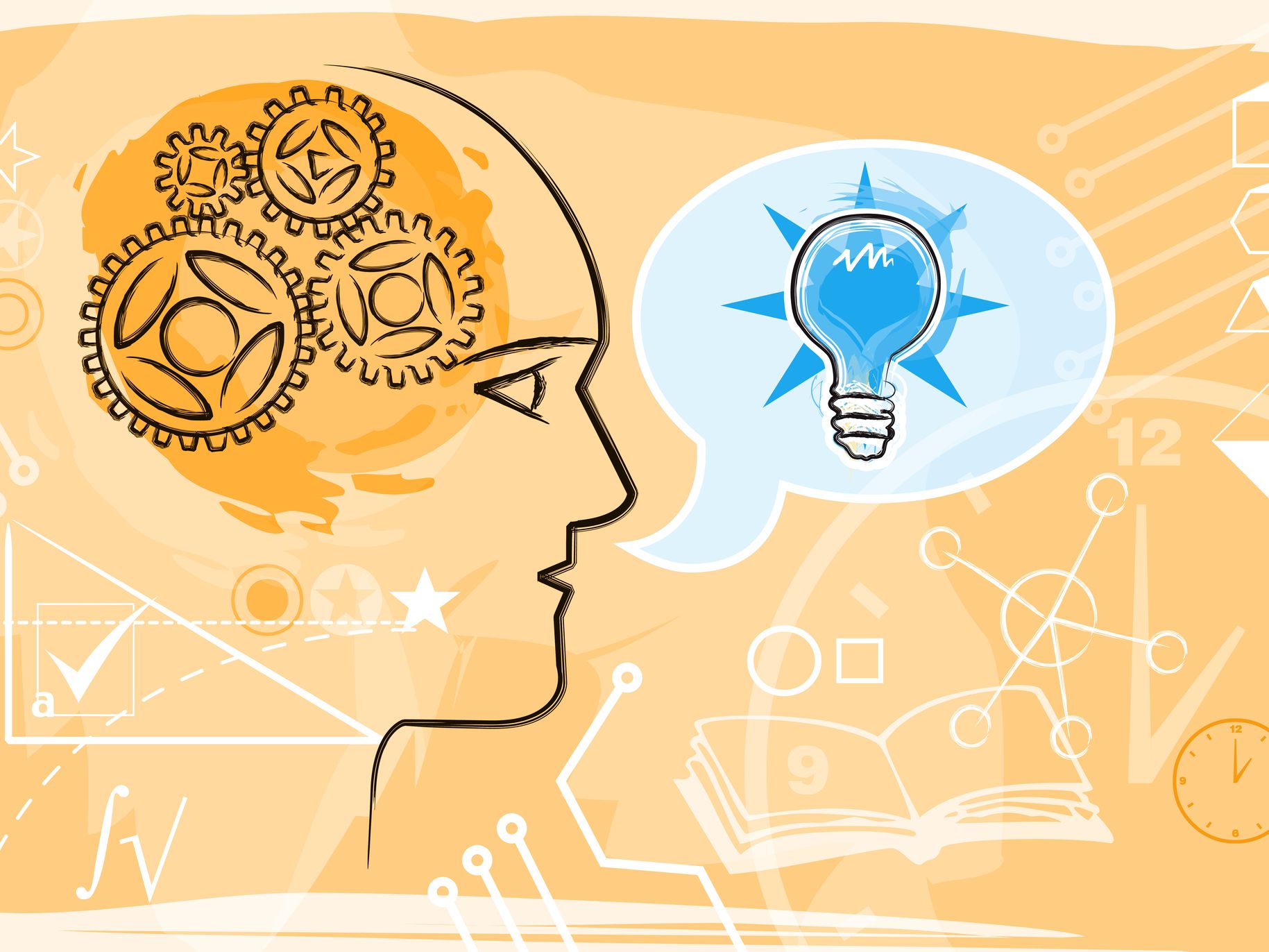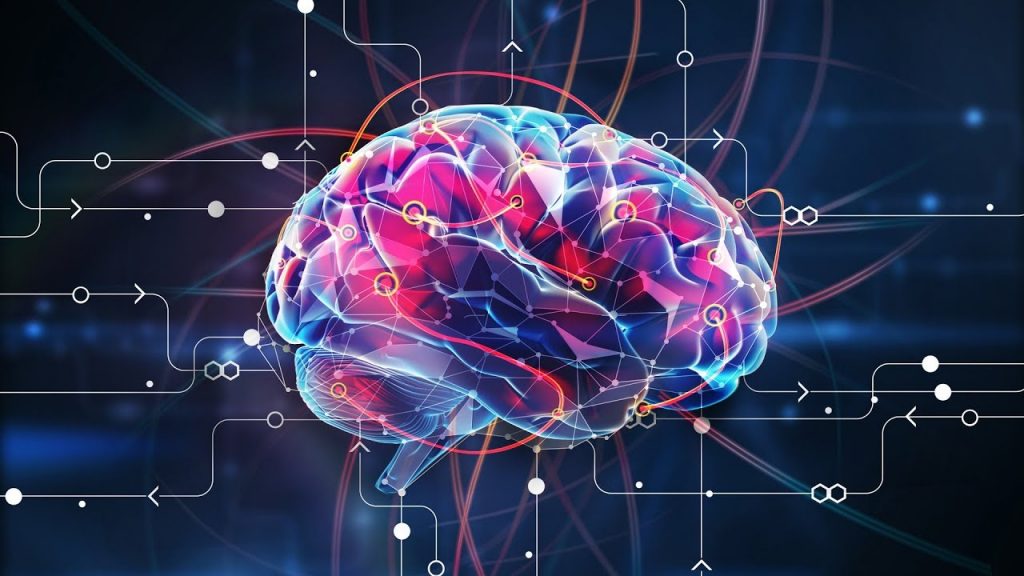
There are many online tests that will not only determine and evaluate your intellectual performance but also predict your future achievement in life and the ability to achieve high-level goals. Mostly such testing in online mode is not supported by any scientific base and research. Usually, testing is based on measuring and analyzing an intelligence indicator as IQ. For example, such tests of intellectual capabilities can include the scale of intelligence for adults authored by Weschler, a multidimensional battery of abilities and a short intelligence test created by Kaufman.
Such checks are created with the exclusive purpose of determining the general intellectual indicators of a person, in other words, to determine his G-factor. Quite a large number of people are convinced that the level of general intelligence is a factor that can predict future success in life for an individual. However, scientific research has certainly proved the fact that IQ is only one of the many indicators that have a direct impact on a person’s life and the degree of his success in various spheres of life.
Table of Contents
The mission of determining the success factor

img source: incimages.com
Success is an extremely vague concept with many meanings. So, for each person, success has completely different meanings. Examples include the following:
– Success in the career. It can be either a successful work in such an area of activity as law or medicine, which today is considered one of the most prestigious. Or we can talk about finding a job, career growth in an area that will suit you personally or be difficult for most people.
– Success in the sphere of finance. Such success may imply the ability to set aside money for some purpose in the future, buy something large and expensive, as well as the ability to pay all the bills yourself.
– Educational success. Examples of such success include obtaining higher exam marks, excellent grades, obtaining a scholarship, or even an advanced scholarship, as well as receiving an academic degree.
– Feeling of happiness and joy. It is about an inner feeling of peace, as well as a person’s own understanding of the meaning of life and its purpose.
– Moral success. A person can be considered successful if he or she internally feels like a nice, kind person, can look for and find ways to help other people and also follows the convictions, the call of conscience.
– Successful relationships with other people. Examples include a happy marriage or a large number of friends.
– Success in the role of a parent. Here you can talk about the close and warm relationship of a parent with children, the ability to properly raise and educate their children, who, in turn, are also successful in their own areas of life. It is also possible to single out the fact that the parent receives pleasure and joy from the process of raising children.
None of the IQ criteria is able to identify and predict a person’s success. Let’s be honest, for measuring IQ, it is problematic to determine success even solely by one type of success. Perhaps there really is some correspondence between the values of the intellectual IQ indicators and success in a career, in the financial sphere. However, even the above categories seem special and broad in their meaning.
So, each person can have their own goal for the same category. Let’s assume that one person can work somewhere with a low salary, but at the same time he will consider his work good and satisfying him personally. Another person, who, in turn, has a high status of work, may face such problems in the workplace as excessive simplicity of the tasks assigned to him, boredom or even emotional burnout.
Measuring IQ and other criteria for success in life

img source: everydaypower.com
Some scientific studies have confirmed some connection between the level of intellectual abilities and success in career and work process. As an example, a scientific study in 2004, during which the fact was revealed: IQ is a fairly good and suitable predictive factor for determining the final career level of a person, as well as directing his success in his chosen field of activity.
Individuals who have a significantly higher IQ level than others usually work in more prestigious professions and really achieve confident success in their selected areas of activity. According to the above-mentioned scientific research, this is due to the fact that individuals with a higher level of intellectual abilities learn new skills and acquire new abilities much faster. For example, in such complex fields of activity as medicine or law, the ability to analyze, process and remember new information is the main thing.
Many scientific studies have shown that the level of intellectual capabilities is interrelated. It correlates with the level of human income, but there is some error, because of which these indicators can vary significantly. In the study on intellectual IQ indicators and income received by people in 2007, the predominant number of studies revealed rather low indicators in the ratio of IQ indicators and financial income in people. At that time, IQ was considered a good method of predicting a person’s success, as well as the status of the child’s parents, as well as the environment in which he grew up.
The main goal of scientific research is the need to show and prove that numerous personal and social factors also have a significant impact on the results of a person. Among some factors that depend directly on each person, as well as directly affecting their success, regardless of their own intellectual indicators, we can distinguish:
- The ability to notice details and pay attention to them.
- The mental health of a person.
- Ability to analyze, process and remember new information.
- The level of stress and the ability to behave in stressful situations, to cope with them and negative emotions.
- Lifestyle and habits of a person.
- Motivation and desire to do something.
- Among the social factors that can also have a significant impact on success in life, the following can be distinguished:
- The possibility of obtaining social and economic resources, for example, training in a high-quality educational institution.
- Institutional discrimination, for example, sexism, racism, homophobia.
- Social class (It doesn’t matter whether it is rich or poor.)
- Personal discrimination, for example, special treatment at school in the learning process due to teacher bias.
The relationship between intellectual indicators on IQ tests and socio-economic criteria demonstrates that IQ checks are able to determine the possibility of obtaining any benefits, rather than assessing the qualities of a person inherent in him from birth.
IQ test results and socio-economic indicators
Data on IQ testing is well correlated with socio-economic status (check the map of average IQ by country on iq-global-test.com). Of course, the fact that people with higher intellectual performance earn more money is not mandatory. Scientific research, in turn, demonstrates and proves the fact that a vast range of social and economic privileges gives children access to factors that significantly improve their intellectual performance on IQ checks.
An example is a scientific study that was published in 2011. This study showed that intelligence is inherited in only five percent of children with low socio-economic development.
The heritability factor determines the measure by which some differences between individuals can be explained by genetic laws. Thus, the inheritance rate of five percent assumes that the remaining 95% of differences in intellectual indicators will be explained, in turn, by non-genetic factors. Moments such as lack of home or food security are more likely to have a significant impact on the IQ scores of a poor child than on biology itself.
The above-mentioned scientific study also, among other things, was able to determine a significantly high level of heritability of intellectual abilities in children who have all the necessary life benefits. Their heritability rate averages 50 percent. Experts who conducted this scientific study are convinced that families with a high level of socio-economic development can give a much better chance of realizing the differences in the biological potential of children.
Those families that have significant financial resources are often more prepared to take actions for improving intellectual performance. Examples include the following actions:
– Hire private tutors for children.
– Change the place of residence for the best educational institutions or take care to include the child in the training for the gifted.
– Engage with children, solve complex puzzles, intellectual tasks, read for general development.
– Give children the opportunity to engage with adults, which will contribute to the acquisition of new skills and abilities by children.
Among other things, scientific studies pay special attention to the class deviation in IQ checks. Those children who grew up in families with low socio-economic indicators prefer to participate in significantly fewer conversations, discussions. Also, they perceive fewer words by ear than children who grew up in families with privileges and high benefits. Upper and middle-class children who take mental performance tests are much more likely to have heard such words and encountered the concepts presented directly in the testing itself.
Experts are convinced that this trend forces testing to work against poor children, directing their assessment indicators against their experience, rather than skills. However, there are a number of people who believe that such a bias of mental score check makes IQ testing a more reliable indicator of success in the future. People are convinced that testing data analyzes and compares children’s knowledge in the cultural sphere. With this knowledge, children will be able to better adapt to the world around them, understand people and their actions, and be successful in their activities in the present and in the future. To learn more click here: IQ-tests.org.
Can I rely on the results of IQ tests?

img source: aeon.co
Most scientific research seriously doubts the reliability and truthfulness of the results of IQ tests as a determinant of human intellectual performance. There are studies in which they skeptically perceive even the very concept of general intelligence, the definition and measurement of which is primarily aimed at IQ checks.
Among other things, IQ testing is capable of discriminating against specific groups of people to some extent. Most of the early tests to determine IQ are currently considered to be biased. Most likely, this was originally intended when creating tests in relation to people with colored skin, women and other groups of people.
IQ tests that are used today do not infringe on anyone’s rights, interests or qualities intentionally, but this may happen involuntarily. Thus, tests for determining intellectual abilities can analyze and determine not the intelligence of a person, but the level of his cultural knowledge. Of course, the probability of having such knowledge is much higher in the dominant groups of individuals.
In addition, it is necessary to pay special attention to the fact that groups that have previously been oppressed may feel stressed, feel some kind of threat due to stereotypes in relation to their group. Thus, the person will be influenced by stereotypes, which, in turn, will cause significant stress. Increased stress levels, feelings of anxiety and fear can negatively affect the overall performance of the individual and, consequently, the results of the test itself.
The essence and meaning of other forms of intelligence

img source: ytimg.com
The main indicator of IQ tests, that is, the assessment of general intelligence, in other words, the G indicator, is simply one of the many options for evaluating a person’s intellectual capabilities.
Scientists, special experts, researchers on the topic of mental health were able to detect a large number of other forms of intelligence.
So, for example, the Harvard psychologist Howard Gardner defined and identified nine types of intelligence:
– Intellect in the field of linguistics: the ability to successfully apply words and expressions, for example, to write a colorful, worthy essay or a poem.
– Existential intelligence: the possibility of solving issues of existence, complex problems in the spiritual sphere.
– Intelligence in the field of logic and mathematics: the ability to cope with logical tasks. It can be used in mathematics or computer programming.
– Musical perception: the ability to identify tones, rhythms, as well as express yourself, your emotions and feelings with the help of sound.
– Intelligence aimed at relationships between individuals: the ability to understand and communicate with other people.
– Intelligence focused on the processes within the personality: the ability to know and understand yourself, to be aware of your desires and actions.
– Intelligence in visual and spatial aspects: the ability to navigate in space, the possibility to visualize objects. This intelligence can be used in the process of drawing, in solving problems and puzzles, as well as in the design of buildings and structures.
– The intelligence of a naturalist: for example, the ability to successfully get along with animals, identify plants in nature.
– Bodily-kinesthetic intelligence: the ability to correctly use the body in activities such as dancing, sports. Also, this often includes agility, quickness of reaction, the ability to keep balance and other skills.
According to Gardner’s words, most people can perform perfectly in several areas, but at the same time have the most limited abilities in others. The probability that someone will be able to demonstrate incredible skills and abilities in all nine spheres at once is extremely small. In addition, in such a development of events, the very understanding of what true general intelligence is would be disrupted.
There are scientists who divide intelligence into two categories: IQ and EQ, which is otherwise called emotional intelligence. The equalizer evaluates a person’s ability to determine emotions, feelings and skills to respond to emotions in himself and in other people. So, someone with high emotional intelligence scores will be able to apply their definition and awareness of emotions in successful work with other people.
Many scientific studies demonstrate that the ability to understand and work in a team with other people can predict to some extent the level of human success in most areas of life.
Suppose, even in professions that are considered intellectually complex, a high level of emotional intelligence is truly necessary. A 2014 study found that the level of emotional intelligence directly affects the success of medical students.
If you believe the above-mentioned scientific study, then the ability to control your emotions and feelings is really an important and determining factor for success in the predictive aspect. The study, among other things, advises schools that train medical professionals to apply measures of emotional intelligence in their activities. A scientific study, which dates back to 2010, proved that the ability to exercise control over emotions is a factor that directly affects a child’s success in life, predicts his higher income level in the future and also shows his socio-economic status. Finally, this factor predicted well-being in life in general.
How to achieve success with the help of therapy, regardless of the level of IQ?

img source: peeps.city
People who are concerned about the results of IQ tests, their level of intelligence or their predicted level of success often resort to therapy successfully. In some cases of therapy, a person may even begin to feel more intelligent or re-pass the IQ test for higher scores.
So, for example, a person who has experienced anxiety, fear, can significantly reduce stress with the help of therapy sessions. According to the same principle, together with the therapist, questions are solved regarding the lack of motivation or excessive impulsiveness of a person, which prevent a person from successfully and fully performing the tasks assigned to him.
In the case where the therapy doesn’t directly improve the intellectual indicators itself, it can still have a positive effect on the person, as well as increase his estimated chances of success in the desired area. How exactly can therapy affect:
- Get rid of various syndromes, come to internal stability, as well as solve the problem with low self-esteem.
- Provide a person with direct assistance in identifying barriers in work, study, personal life and so on.
- Increase and stabilize the level of social and emotional intelligence of a person, contributing to successful interaction with other people.
- Realize what exactly seems to be a success for a person, to set working goals that will help to achieve what is desired.







